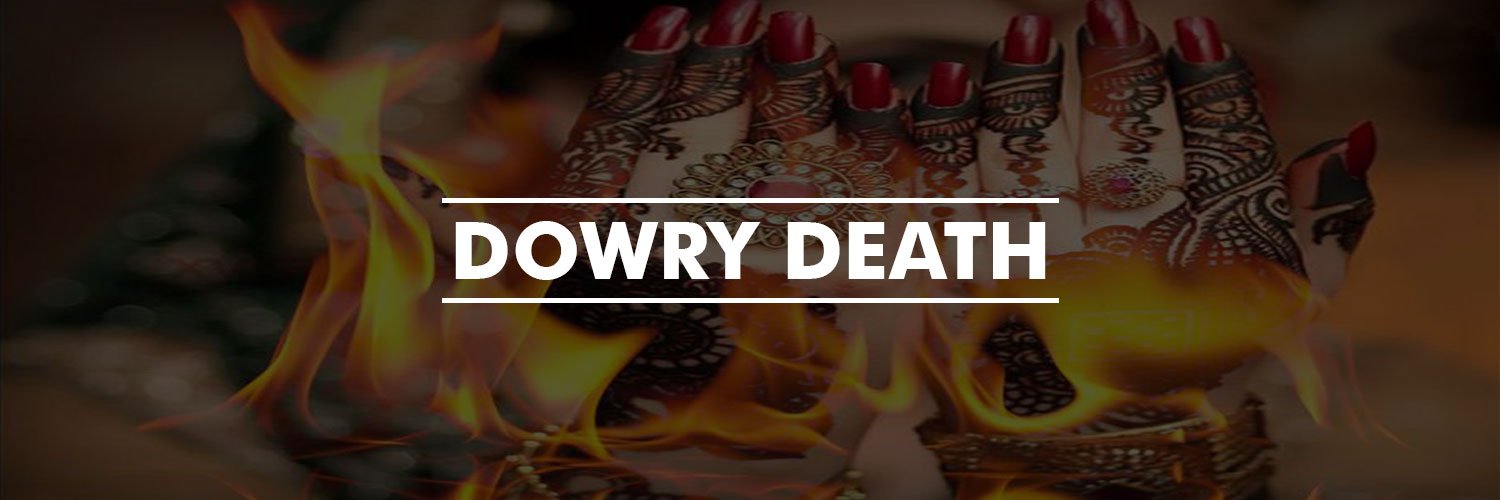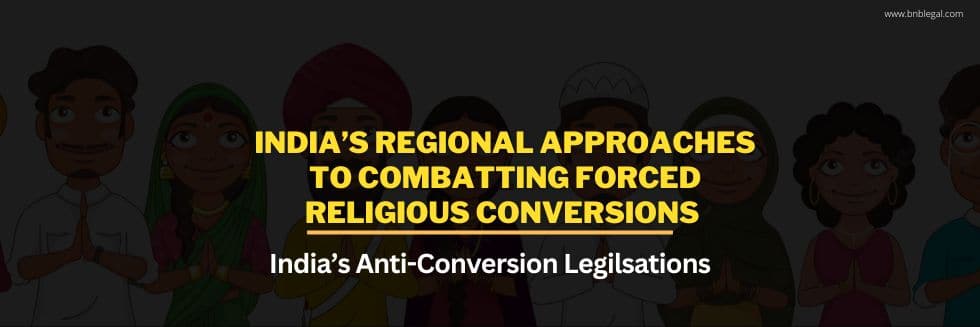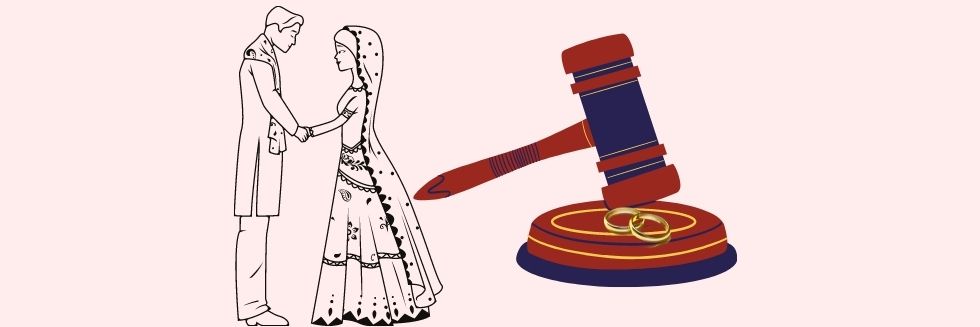Introduction
Dowry death has been one of the most alarming issues in Indian society. We come across huge cases of dowry deaths being filed every day. Dowry death implies the death of a woman due to being constantly harassed for dowry by the husband and his family. Due to patriarchal setup, it is believed in most Indian households that it is the duty of the wife to bring wealth and valuables at the time of the wedding and during the course of the marriage. Therefore, with such demands and expectations, women are tortured every day by their husbands and matrimonial families in order to obtain dowry.
Most dowry deaths occur when the young woman, unable to bear the harassment and torture, commits suicide. Most of these suicides are by hanging, poisoning or by fire.
Sometimes the death of women is caused by burns and fire which is also known as bride burning, sometimes disguised as suicide or accident. Death by the burning of Indian women has been more frequently attributed to dowry conflicts. In dowry deaths, the groom’s family is the perpetrator of murder or suicide.
The dowry can be in any form of property or valuable security given or agreed to be given either directly or indirectly by one party in a marriage to the other party, by the parents of either party or by any other person, to either party or to the other person, at or before or after the marriage.
As per the reports by Crime Record Bureau, India has the largest number of dowry-related deaths. In the year 2012 around 18000 dowry death cases were reported across the nation. If we calculate this average data, it can be concluded that a woman is burnt every 90 minutes.
Prohibition
India has enacted the Dowry Prohibition Act in the year 1961 which prohibits the demand and giving of a dowry as a marriage consideration. Dowry is also known as a gift demanded by the husband and his family from the brides family and also a gift was given by the women and her family as a condition of marriage. But it is also necessary to know that the gifts which are given not as a condition for marriage are not treated as dowry and these are valid in the eyes of laws.
According to this act, any demand and giving of dowry is punishable with an imprisonment of up to six months or a fine of up to rupees five thousand or both.
This act replaces several old legislations related to dowry prohibition which had been enforced by the various Indian States.
Conditions of Dowry deaths
There are some essential conditions to be satisfied for the application of a dowry death case. It provides that death must have been caused by some burns or any bodily injury. These causes must be different from some normal circumstances. These incidents have happened within seven years of marriage. Women had been harassed or tortured before these incidents. The harassment is for the demand of dowry. The prosecution has to prove that the death so caused is not the natural or accidental one.
Present Scenario
The Dowry Prohibition Act was passed in the year 1961 to curb dowry death cases. However, due to the overt misuse of this legislation, the judiciary takes a long time to decide on these cases to ensure that no innocent is wrongly prosecuted.









